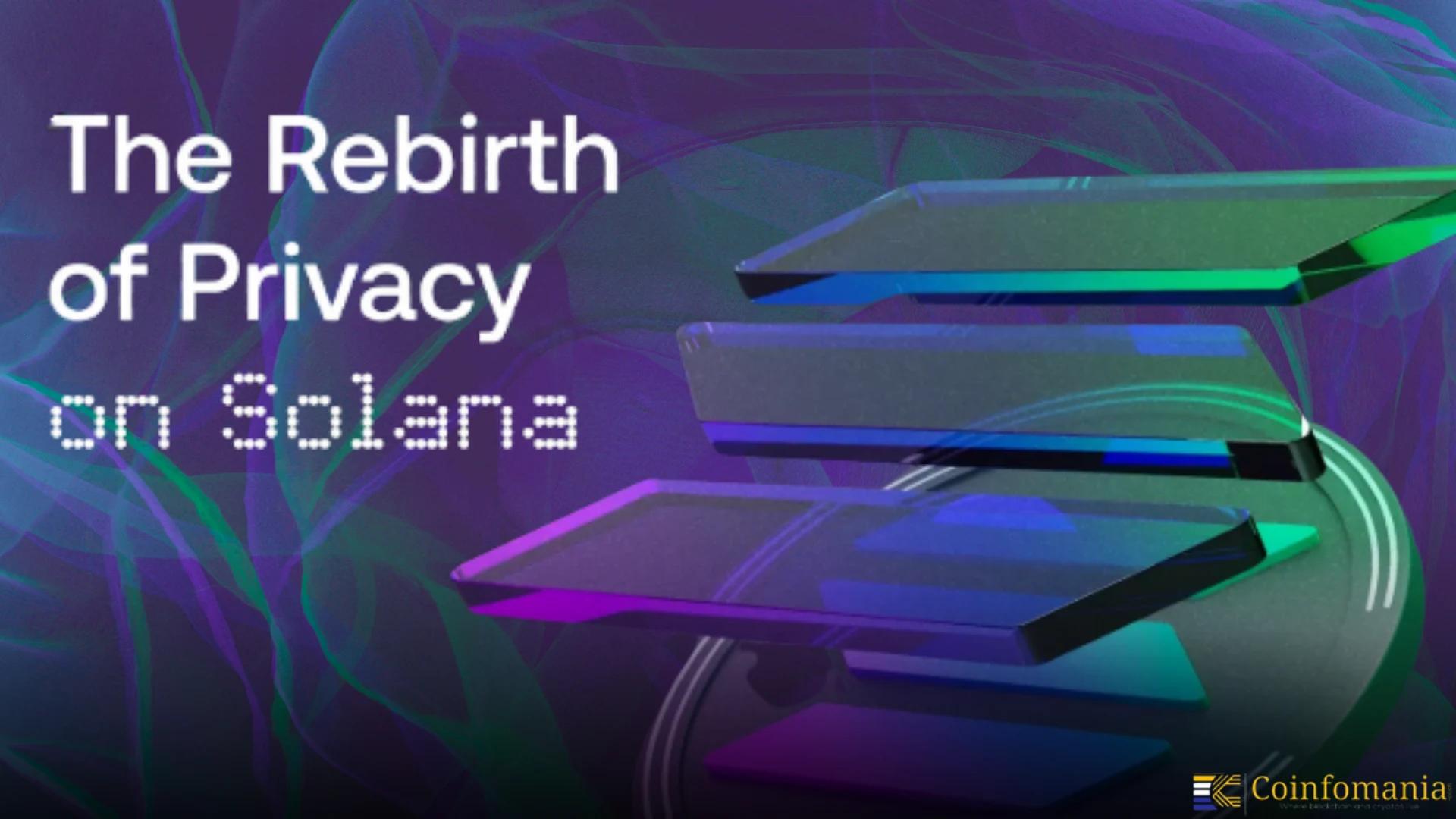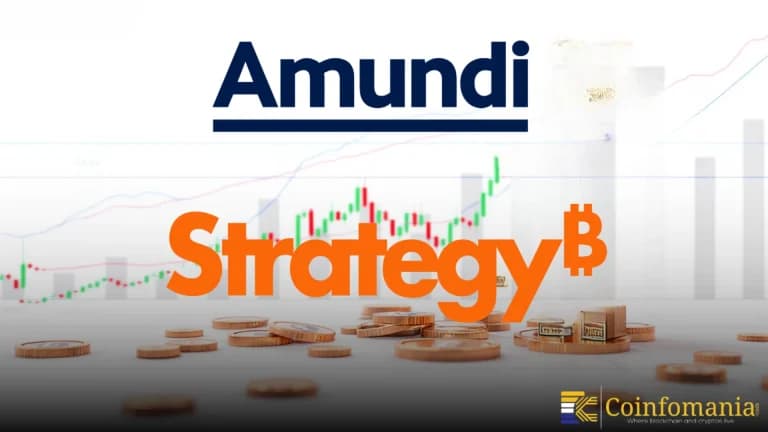Solana Privacy Cash Emerges As Future Of Compliant Protocols
Privacy Cash on Solana shows how compliant privacy protocols scale, combining zero-knowledge proofs and alignment for long-term growth.

Quick Take
Summary is AI generated, newsroom reviewed.
Privacy Cash on Solana integrates compliance while ensuring private transactions
Zero-knowledge proofs and confidential balances enable privacy with auditability
Solana’s base-layer privacy upgrades attract institutions like PayPal and BlackRock
Regulatory clarity post Tornado Cash sanctions supports compliant privacy protocols
Global privacy laws align with GDPR, driving Solana’s institutional adoption
The launch of Privacy Cash on the Solana ecosystem marks a turning point in how privacy protocols are evolving. Instead of clashing with regulators, this one embeds compliance directly into its design. It has already processed over 10,000 SOL in private transactions, which shows there is demand for privacy tools that also satisfy oversight requirements. The model looks less like a workaround and more like infrastructure built for long-term use.
The approach is different from older mixing services that were shut down for regulatory violations. By using zero-knowledge proofs, transfers remain private but still verifiable. Confidential balances allow amounts to stay hidden without blocking auditability. That shift from full anonymity to controlled confidentiality is significant. It acknowledges that financial systems need oversight while still protecting individual privacy.
Solana’s Token2022 and Privacy Tools
Solana has been building toward this for a while. Token2022 and confidential balances added core privacy features directly at the base layer, not just as side-chain workarounds. PayPal even deployed its PYUSD stablecoin on Solana using these tools, which signals that large institutions are comfortable with the model. Integration at the protocol level, combined with auditor keys, means Solana’s ecosystem can balance adoption with regulatory compliance.
The regulatory context matters here. Tornado Cash sanctions were lifted in March 2025. It had set a new legal precedent. Courts ruled that immutable smart contracts are not traditional property. That decision cleared the way for privacy protocols that can still stay within compliance. The Privacy Cash embodies this new landscape by offering selective disclosure, monitoring options for authorized parties, and links to AML and KYT systems.
Privacy Cash Demand Shows Compliance and Privacy Can Coexist
Experts have been emphasizing this middle ground for years. Research from Stanford highlighted that privacy and compliance should not be treated as opposites. Solana’s founder echoed the point by noting that features alone won’t win adoption. The early usage data from Privacy Cash suggests that demand exists when compliance is built in from the start.
The global picture also supports this direction. Privacy rules in Brazil, Singapore, and Thailand are now lining up with Europe’s GDPR standards, creating a more unified framework. Big institutions like BlackRock and Apollo have already started tokenizing assets on Solana, building privacy features directly into the process. Banks in Germany and Taiwan are adopting custody tools with privacy safeguards. Even companies like SpaceX are experimenting with Solana-based stablecoins for internal financial flows.
Advanced Cryptography Strengthens Privacy
Multi-party computation and threshold cryptography prevent any single party from compromising privacy. Solana projects such as Arcium and Dust add extra layers to strengthen confidentiality and scalability. Innovation moves fast, and risks move just as fast. Regulators can still change rules, and smaller players struggle with the complexity of these systems. Privacy Cash proves that privacy protocols can scale while staying compliant. If this trend continues, Solana could set the standard for how privacy protocols grow into widely used.
References
Follow us on Google News
Get the latest crypto insights and updates.


